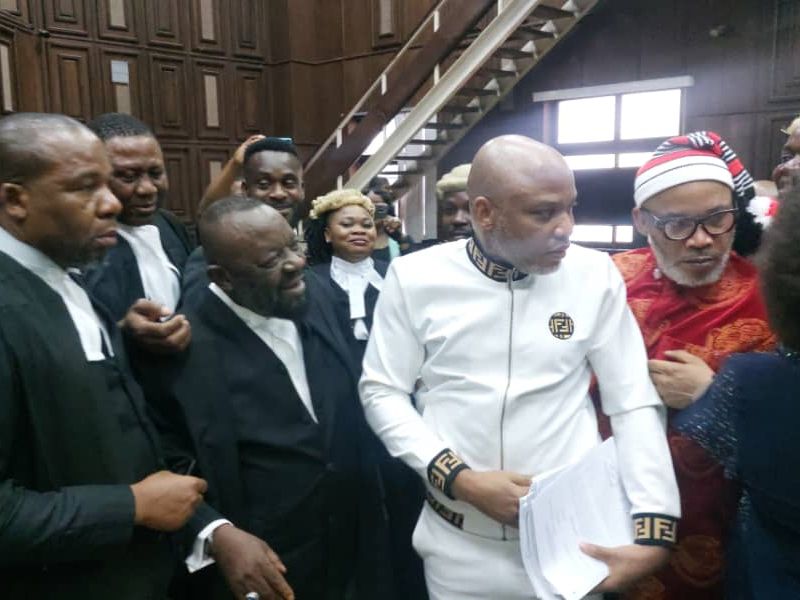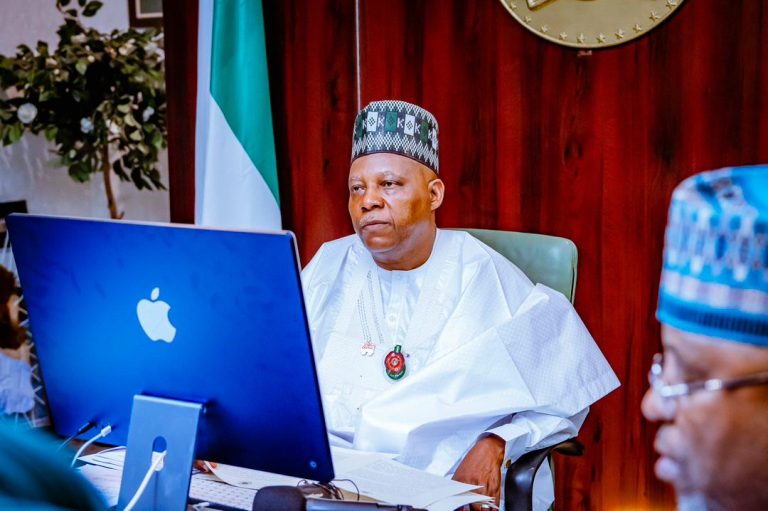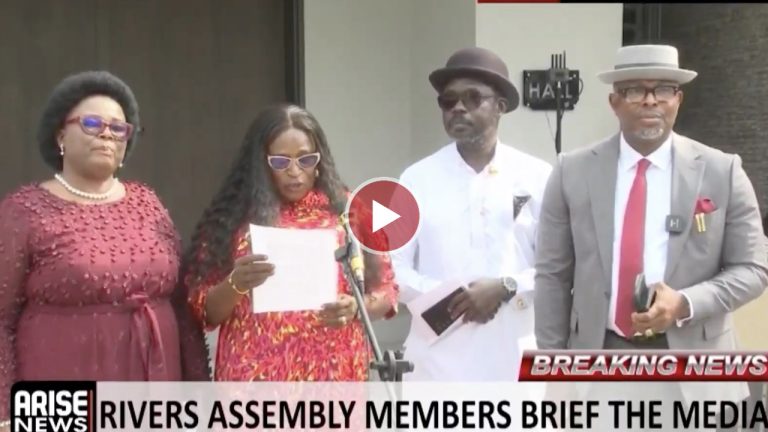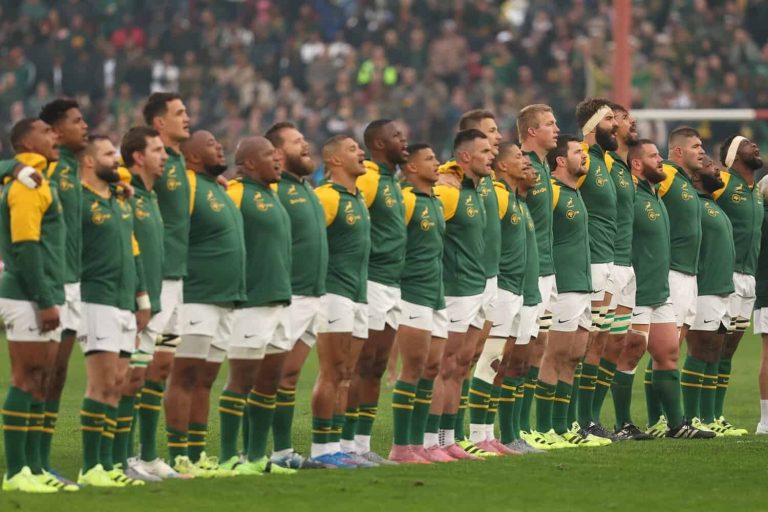
The African Democratic Congress (ADC) has declined to take a position on calls for the release of detained Indigenous People of Biafra (IPOB) leader, Nnamdi Kanu, but strongly condemned the recent clampdown on protesters demanding his freedom.
The ADC’s National Publicity Secretary, Bolaji Abdullahi, said the party’s main concern was the protection of citizens’ constitutional rights — particularly the right to peaceful assembly and expression.
“Without prejudice to why Nnamdi Kanu is being held, as a party, we have not issued any statement on his detention,” Abdullahi said. “What we are saying is simple: Nigerians have a right to demonstrate.
They have the right to protest — whether in support of or against any action of government. That right is fundamental and must be respected.”
Abdullahi stressed that the ADC would refrain from commenting directly on Kanu’s detention because the matter remains sub judice.
“Kanu has not been convicted. Since the case is still in court, we won’t make statements that could prejudice judicial proceedings,” he explained. “If he were already convicted, then we could question why certain individuals, including convicted criminals and drug traffickers, are granted freedom while he remains in custody.”
On Monday, security operatives in Abuja fired tear gas to disperse protesters who had gathered to demand Kanu’s release.
The demonstration, led by activist Omoyele Sowore, kicked off near Transcorp Hilton despite warnings from the police and a subsisting court order restricting public assembly.
Chanting “Free Nnamdi Kanu now!”, the protesters were met with a swift response from security agents, who fired shots into the air and deployed tear gas to break up the crowd.
Heavy security presence was observed across key locations in the capital — including Eagle Square, Unity Fountain, the Federal Secretariat, and the Three Arms Zone. Major roads, such as Shehu Shagari Way, were barricaded, resulting in gridlock across several parts of the city.
The ADC spokesman faulted the decision to bar protesters from accessing the National Assembly Complex, describing it as a violation of democratic norms.
“Preventing citizens from expressing themselves peacefully is not only undemocratic but also dangerous for our democracy,” Abdullahi said. “Peaceful protest is a cornerstone of free societies. Government must learn to engage dissent, not suppress it.”
Nnamdi Kanu, the detained leader of IPOB, has been in custody since his re-arrest and extradition to Nigeria in 2021. His trial on charges of treasonable felony and other offences remains ongoing.
While several political figures and civil society groups have renewed calls for his release, the Federal Government has maintained that Kanu’s case must be resolved through the courts.



